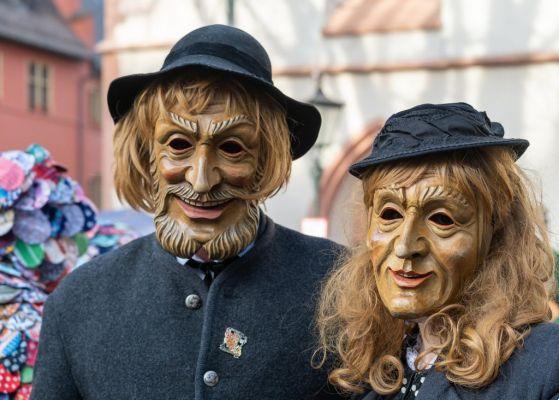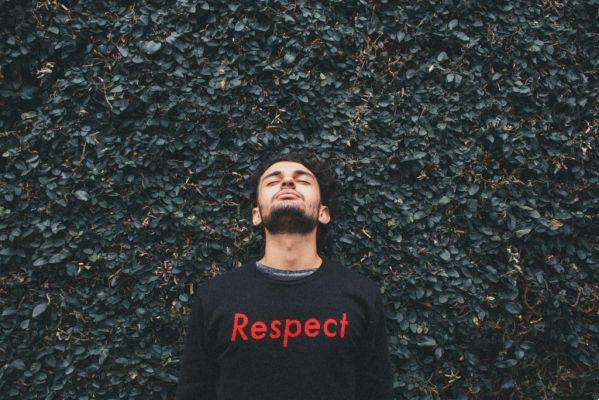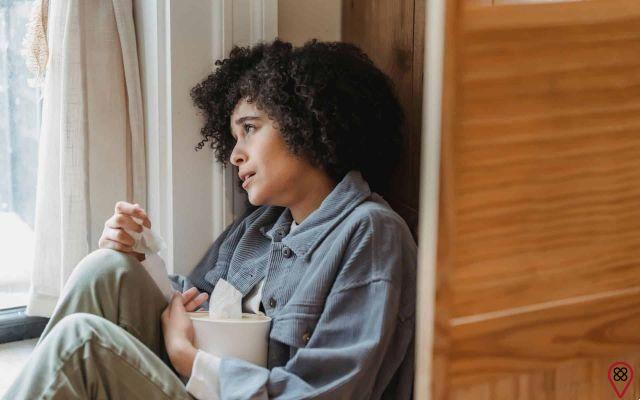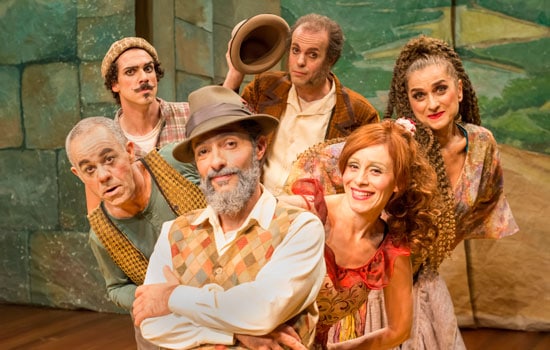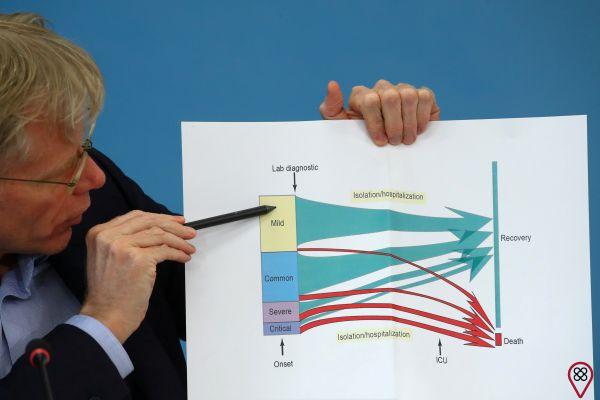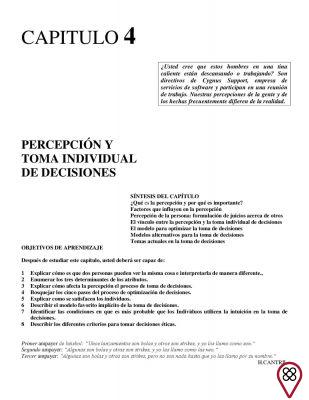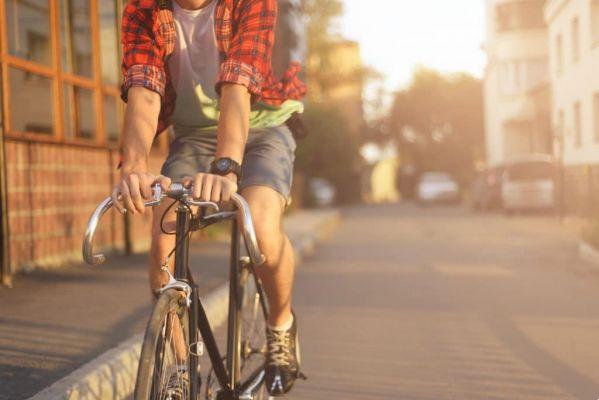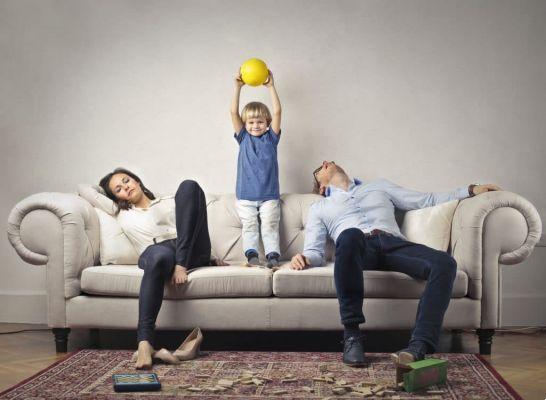Daily, the life of a fat person is a challenge. Less because of their health issues – which all people have – and more because of the harsh discrimination they face, whether from colleagues, from strangers, or even from health professionals.
Many believe that the suffering of these people comes only from random insults in the street or bad jokes – which, in themselves, would be terrible and intolerable. However, the truth is that this prejudice has much more complex and deeper roots, as well as far more devastating consequences than one might imagine. Its name is fatphobia.
But what is fatphobia?
Fatphobia is a very popular word nowadays, but because it is still a relatively new term, many people are confused about its meaning. Broadly speaking, it is structural discrimination against fat people in society.
However, it is important to emphasize that, as much as it may have some points of intersection, fatphobia is not the same thing as aesthetic pressure. The latter is an offshoot of patriarchy, which demands a standard of bodies, especially female ones. This standard, currently, would be that of a cisgender woman, white, thin, without disabilities and with European traits.
Aesthetic pressure is a serious matter, but fatphobia goes beyond that definition. That's because fat people are not just considered unwanted people, but literally excluded from society. This fact can be seen by noting that they do not manufacture clothes in their size, chairs that support their weight, or even hospital beds suitable for them. In other words, fatphobia is an accessibility issue. Therefore, this discussion is urgent and essential.
And how is fatphobia in everyday life?
A thin person hardly knows what the torturous routine of a fat person is truly like. Most believe that little changes between the two realities, however the life of a fat person is much lonelier and sadder than one might imagine.
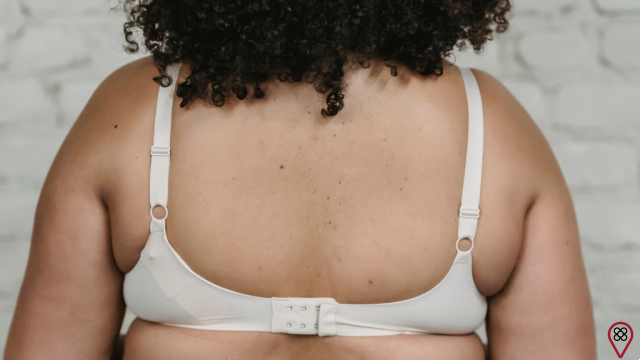
Firstly, it is difficult for a fat person to leave the house, especially if they cannot afford to buy their own car. After all, buses have tiny turnstiles and very little space. Traveling by plane is even more difficult: you have to pay for two seats (there's money!) and still put up with disapproving looks from others.
The fat person also cannot be treated with health professionals. Even if you arrive at the ER with a bleeding hand, the doctor on duty will likely tell you that it was only because of your weight.
In addition, few professionals really know how to deal with obesity as a health issue. Most assume a prejudiced posture and treat the obese patient as lazy, not as someone who needs help.
Finding a job is also difficult for someone who is fat. Although prohibited by law, most jobs on offer require “good looks” – a very broad term, but one that everyone knows what it means: someone white and thin.
In relationships, fat people, especially women, also suffer. This is because the female population is taught that their only value is that of being a wife. However, movies, music, magazines and books show that a woman is only beautiful and worthy of having a husband if she is thin. Thus, fat women learn that they are worthless and accept staying in abusive relationships much more easily. Meanwhile, men also learn that they have the right to treat fat women badly and don't feel guilty when they are completely cruel to them.
These are just a few of the countless everyday situations that fat people go through. With everything they face in their daily lives, it's no wonder they feel lonely and don't want to leave the house. In this way, they become even more sedentary and unwilling to take care of their health. Hence their unfair reputation for being “lazy”. It's not true: it's just people struggling with loneliness and social exclusion.
Fatphobic phrases to not reproduce anymore
Fatphobia is so ingrained in our society that we often say things that seem harmless but are very fatphobic and extremely harmful. Shall we meet some of them?
1. “I made a fat today!”
What exactly is "making a fat"? Fat people can literally do anything. Reducing fat people to the act of eating, especially high-calorie foods, is extremely fatphobic.
2. You are beautiful in the face!”
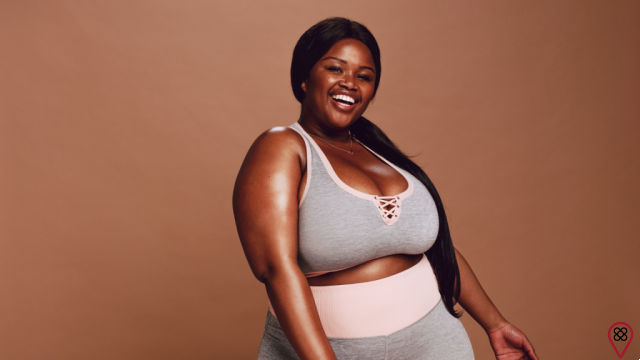
To say that a person is beautiful “in face” is to say, in other words, that their body is ugly. How can cursing someone's body be a compliment? Furthermore, it is necessary to deconstruct the idea that fat bodies are necessarily ugly just because they are fat. Beauty is in all types of bodies.
3. “How you lost weight! You're beautiful!"
Everyone likes to hear that they look beautiful, but don't equate beauty with thinness. Is a person beautiful just because they are thin? That's fatphobia. Also, you don't know whether or not the person wanted to lose weight. You can often be activating an eating disorder trigger or other mental illness without even meaning to.
4. “I only care about your health!”
Do you really care about the person's health or are you just using their health as an excuse to comment on their weight? After all, do you know the complete medical history of this person? Do you understand anything about medicine? If not, better keep the comment to yourself.
5. "You're not fat, you're cute."
Being fat is a physical characteristic, as is tall and thin, blond or dark. So there is no need to use euphemisms. To be afraid to use the word fat is, in a subtle way, to believe that being fat is an offense.
6. “I like having somewhere to get it.”
Many think that this is a compliment to fat people, but in fact it only objectifies the body of fat women, as if they only have value if a man likes them. Fat women deserve respect as much as thin women.
7. “Don't say you're fat, you're beautiful!”
Being fat is not synonymous with being ugly. A person can perfectly well be beautiful and fat at the same time.
8. “Are you sure you're going to eat this?”
All adults with intact cognitive abilities can and should be responsible for what they eat or don't eat. It's extremely invasive to control someone else's eating, especially a fat person. After all, you don't know what her health is like, so you have no right to guess.
9. “I can't eat any more, otherwise I'll get fat!”
There's nothing wrong with stopping eating when you're satisfied, but if you refuse food just because you don't want to gain weight, especially if you're already a thin person, it indicates deep-seated fatphobia. After all, why would it be a problem to get fat?
10. “Besides, it will help you lose weight!”
Giving weight loss tips without being asked is fatphobia. Not everyone wants to lose weight. To think that this is a will of all people is completely wrong.
Myths and facts about obesity
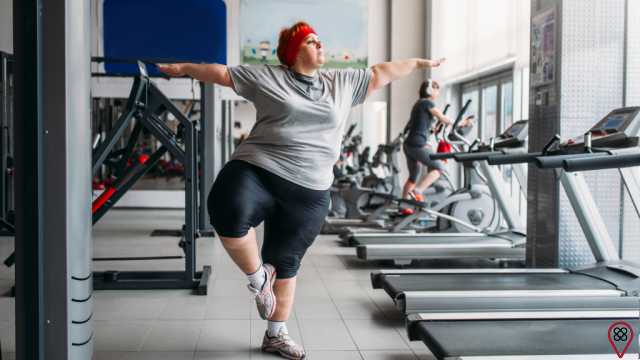
1. “Just close your mouth and you'll lose weight!” MYTH
The human body is much more complex than it looks. There are several emotional, cultural and even hormonal factors that interfere with someone's metabolism. Therefore, to lose weight, monitoring of several health professionals and a lot of dedication are necessary.
2. “Fat people can't do physical activity!” MYTH
Anyone can do physical activity. Fat itself doesn't stop anyone from exercising. A sedentary lifestyle can make the person tired more easily, but this soon passes. However, being thin or fat, it is always good to have the follow-up of a physical education professional.
3. “Every fat person is sick!” MYTH
There is nothing to indicate that subcutaneous fat harms one's health. What makes someone sick is poor diet and lack of physical activity. And genetics can make a healthy person fat and an unhealthy person thin. Therefore, to determine someone's health, it is necessary to make a professional assessment.
4. “Hungry people can also be obese.” TRUTH
People often associate obesity with overeating. However, extreme hunger can also be a risk factor for obesity and poor communities often suffer from this problem. This is because ultra-processed foods are generally cheaper.
5. "Only those who want to are fat are fat." MYTH
If that were the case, no one would be fat, after all, no one wants to suffer from fatphobia. However, being fat depends on a number of factors, and few of them have to do with the person's own control. These factors can be environmental, genetic or cultural.
Fat models and influencers to follow
How about checking out cool profiles that discuss antigordophobia? Check out some below:
1. Ellen Valias (Instagram: @atleta_de_peso)
Ellen is a physical education student, athlete and commentator for NBA España. In her profile, she demonstrates how fat people can and should also move as they please.
2. Flavia During (Instagram: @flaviadonde)
Flávia is a journalist and known for promoting plus size fashion fairs. In her profile, in addition to talking about her daily life, she comments on fashion for fat people, art, among other subjects.
3. Thamiris Rezende (Instagram: @foradosrotulos)
Thamiris is a journalist and has a podcast called “Gordacast”, where he talks about anti-Gordophobia militancy. Her Instagram profile is also always updated to bring back the self-esteem of fat people.
4. Andressa Osako (Instagram: @andressaosako)
Andressa is a language student and teacher. Its content is friendly and personal, aimed at rebuilding fat people's self-acceptance.
You may also like
- How to prevent body image problems in children?
- Deepen your knowledge about fatphobia
- Learn why we should stand against beauty standards
- Find out what to do when you are a victim of fatphobia
Deconstruction is a path that takes time, but it is essential for a better world. Now that you already have all the information about fatphobia in your hand, try your best not to reproduce this prejudice. To help the cause even more, how about sending this article to a friend? Let's do our part to make this country an inclusive place for all people!








